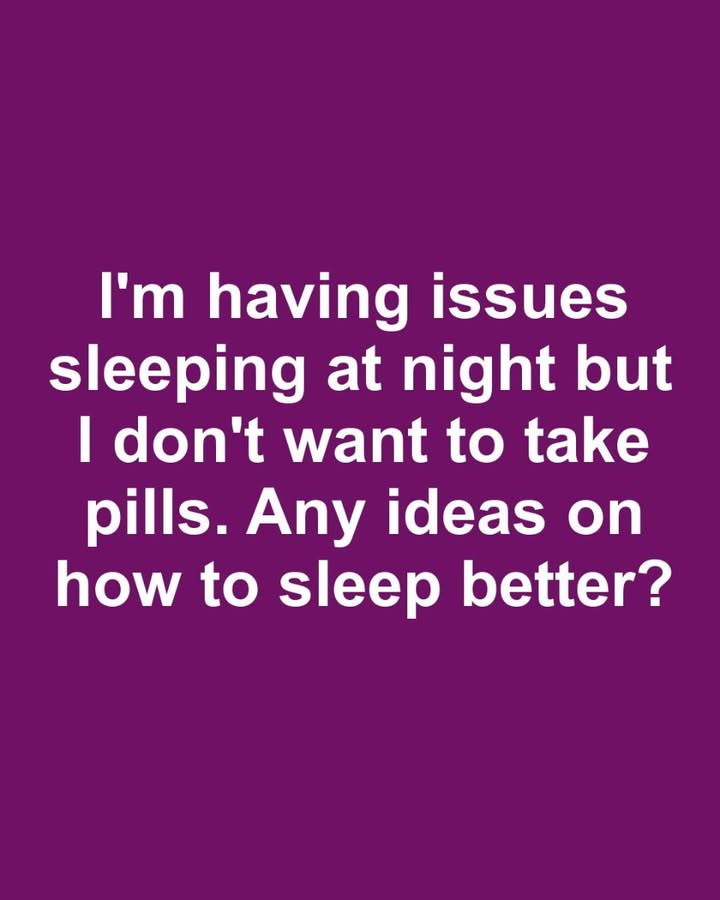Creating a Relaxing Bedtime Routine

Great ideas!
Establishing a calming pre-sleep routine can signal to your body that it’s time to wind down. This might include activities such as reading a book, taking a warm bath, or practicing relaxation techniques like deep breathing or meditation. The key is to engage in activities that help you relax and disconnect from the stresses of the day.
The Role of Diet and Nutrition in Sleep
What you eat and drink can significantly impact your sleep. Consuming a heavy meal or caffeine close to bedtime can disrupt sleep, while foods rich in tryptophan, magnesium, and melatonin can promote better sleep. Consider incorporating sleep-friendly foods like almonds, bananas, and chamomile tea into your evening routine.
Exercise and Its Impact on Sleep Quality
Regular physical activity can help you fall asleep faster and enjoy deeper sleep. However, the timing of exercise is important; engaging in vigorous exercise too close to bedtime can have the opposite effect. Aim to complete your workout at least a few hours before you plan to go to sleep.
Managing Stress and Anxiety for Better Sleep
Stress and anxiety are common culprits of sleep disturbances. Techniques such as mindfulness meditation, progressive muscle relaxation, and journaling can help manage stress levels. By addressing the underlying stressors, you can create a more peaceful state of mind conducive to sleep.
The Benefits of a Sleep-Friendly Environment
Your sleep environment plays a crucial role in the quality of your sleep. Ensure your bedroom is dark, quiet, and cool. Consider using blackout curtains, earplugs, or a white noise machine to create an optimal sleep setting. Additionally, invest in a comfortable mattress and pillows to support restful sleep.
Exploring Natural Sleep Aids and Remedies
If you’re looking for alternatives to medication, there are several natural sleep aids that may help. Herbal remedies like valerian root, lavender, and passionflower have been traditionally used to promote relaxation and sleep. Always consult with a healthcare professional before trying new supplements.
The Influence of Technology on Sleep
Exposure to screens before bedtime can interfere with your ability to fall asleep due to the blue light emitted, which can suppress melatonin production. Try to limit screen time at least an hour before bed and consider using blue light filters if you must use electronic devices in the evening.
When to Seek Professional Help for Sleep Problems
If you’ve tried various strategies and still struggle with sleep, it may be time to seek professional help. Persistent sleep issues can be a sign of an underlying sleep disorder, such as insomnia or sleep apnea. A healthcare provider or sleep specialist can offer guidance and potential treatments to improve your sleep health.
